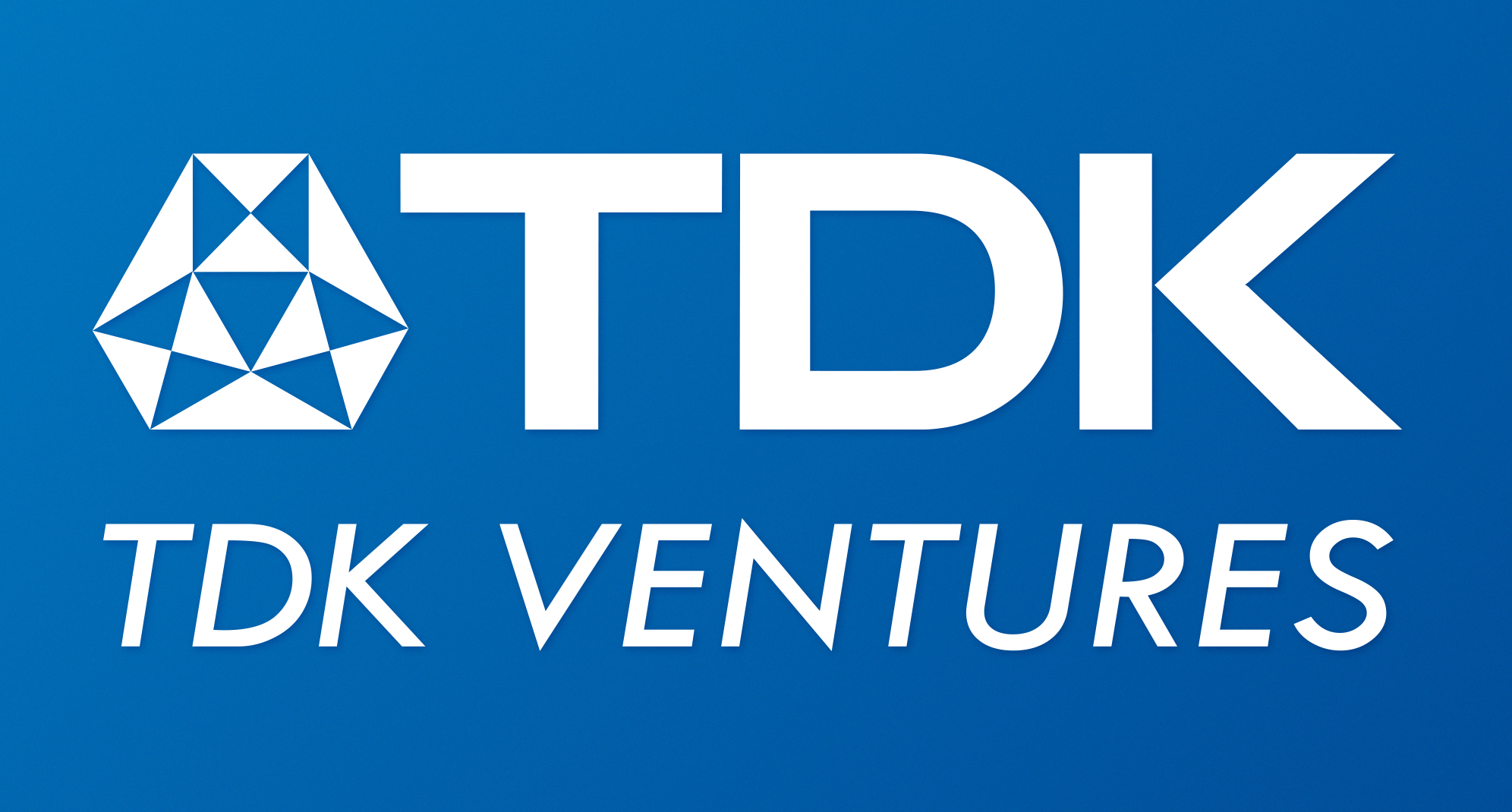
- News & Analysis
- Home
- Global Corporate Venturing
- Global University Venturing
- Latest News
- Publications
- Podcast
- The CVC Funding Round Database
- The CVC Directory
- Video
- Subscribe
- Newsletters
- Events
by Maija Palmer
The final frontiers of digital transformationAdvances in AI, computing, and connectivity mean digital transformation is reaching previously unreachable areas. Here are seven early-stage startups pushing the boundaries.
Why does a 350-year-old construction company like Saint-Gobain — which began as a manufacturer of mirrored glass during the reign of the Louis XIV, the Sun King — invest in a small, Icelandic startup creating soundscapes for the metaverse?
Treble Technologies is developing a proprietary technology for sound simulation for use in virtual environments. It is used in computer games and virtual reality applications.
But its €8m seed funding round last December also included Saint-Gobain’s Nova investment arm as a backer, because the technology has potential uses for the construction industry. For example, it can simulate the acoustic properties of a building during its design process. Architects already walk clients through immersive visual renders of building using VR headsets. Being able to add a sound simulation to that would take it to another level.
“As an architect, you could make some design choices and show your customer what the hospital room, the classroom or the restaurant will sound like,” says Minas Apellian, vice president of external and internal venturing at Saint-Gobain. “We’re excited about that, because we believe that there’s a very imperfect understanding of the influence of the choice of materials on comfort as a whole — and in particular, the acoustical environment.”
Treble has collaborated with building industry firms including Henning Larsen Architects, BIG Architects, and COWI.
The investment in Treble Technologies is just one of many deals over the past year that are bringing digital transformation into industries that have previously seemed hard to digitise.
Tekfen Ventures, the investment arm of Turkey’s Tekfen Holdings, an industrial conglomerate whose activities span everything from agriculture to steelworks, sees huge potential in digitising heavy industry.
“We see the industrial space as having headroom to disrupt,” says Eyal Fisher, director of Tekfen Ventures. He says he is frequently surprised by how little progress some of the biggest industrial operators in the world have made in adopting new digital tools.
“We’re talking about some of the most sophisticated companies in the world. You know, it’s actually quite dumbfounding, to realise that they’re still working with Excel,” says Fisher. Manufacturing companies, he says, are some of the biggest producers of data, but little of that is captured and used to make improvements.
A McKinsey report on digitalisation of the industrials sector noted that digital supply chain improvements alone could bring between 1% and 2% revenue improvements if fulfilment times were speeded up, while material spend could go down between 5% and 10%. A number of other measures, from advanced analytics for pricing to monitoring labour force efficiency on the factory floor, would bring cost reductions or sales increases of this kind of magnitude.
One of Tekfen Venture’s big bets has been funding Sight Machine, the US startup that has developed a data analytics platform that uses machine learning to help manufacturers improve their processes and productivity. The company works with a number of big clients including BASF and GE. A number of corporate-backed investors have taken stakes in the company, including Sony Innovation Fund, M Ventures and E.On.
Sight Machine, founded in 2012, is not a new entrant and has raised $59.9m to date. Fisher says it a sign of how long it can take to break into the industrial sector and change decades-old practices. He believes there is still a lot of low-hanging fruit in the sector around data analysis, even without moving on to more bleeding edge technologies like VR or Web3.
“Some of the largest companies in the world are only now starting to hit their stride in terms of seeing data play back to decision-makers, making very, very tactical decisions on how to run operations and tweak them for optimisations,” he says.
But advances in AI, computing, and connectivity are also part of the reason digital transformation reaches previously unreachable areas, says Nicolas Sauvage, president of TDK Ventures, the investment arm of TDK, the Japanese multinational electronics company.
“We’re starting to see digital transformation being widespread and more responsible than ever before, but also accelerating to a level that has never been seen before,” says Sauvage.
This is one of the reasons TDK Ventures organises a digital transformation week every year in multiple locations, where it brings in visionary tech leaders — for example John Hennessy, chairman of Alphabet — to talk about what is coming next.
“Some of the changes are incremental, some transformational, but we want to capture all of this and share our insights in the space,” says Sauvage.
Digital transformation is something that has been talked about for more than 20 years, starting in sectors like banking and now gradually fanning out into the industrial and manual sectors. Some of the new crop of startups we have seen emerge in this sector over the past year are focused on areas like forestry, firefighting and factory robots.
“Different industries, different sectors, different types of businesses are in very different places in terms of the maturity of adoption,” says Saint-Gobain Nova’s Apellian.“But there is no sector now, that isn’t actively engaged in trying to bring digital transformations to what they do. The recognition of the value and need to do it is ubiquitous.”
Healthcare | Human microbiome
Publications | Reports | GCV
Read the full report on your tablet or device.Download PDFAbout us
GCV provides the global corporate venturing community and their ecosystem partners with the information, insights and access needed to drive impactful open innovation. Across our three services - News & Analysis, Community & Events, and the GCV Institute - we create a network-rich environment for global innovation and capital to meet and thrive. At the heart of our community sits the GCV Leadership Society, providing privileged access to all our services and resources.
Navigation
 test reg
test regLogin
Not yet subscribed?
This website uses cookies to improve your experience. We'll assume you're ok with this, but you can opt-out if you wish.Accept Read MorePrivacy & Cookies PolicyPrivacy Overview
This website uses cookies to improve your experience while you navigate through the website. Out of these, the cookies that are categorized as necessary are stored on your browser as they are essential for the working of basic functionalities of the website. We also use third-party cookies that help us analyze and understand how you use this website. These cookies will be stored in your browser only with your consent. You also have the option to opt-out of these cookies. But opting out of some of these cookies may affect your browsing experience.Necessary cookies are absolutely essential for the website to function properly. This category only includes cookies that ensures basic functionalities and security features of the website. These cookies do not store any personal information.Any cookies that may not be particularly necessary for the website to function and is used specifically to collect user personal data via analytics, ads, other embedded contents are termed as non-necessary cookies. It is mandatory to procure user consent prior to running these cookies on your website.






